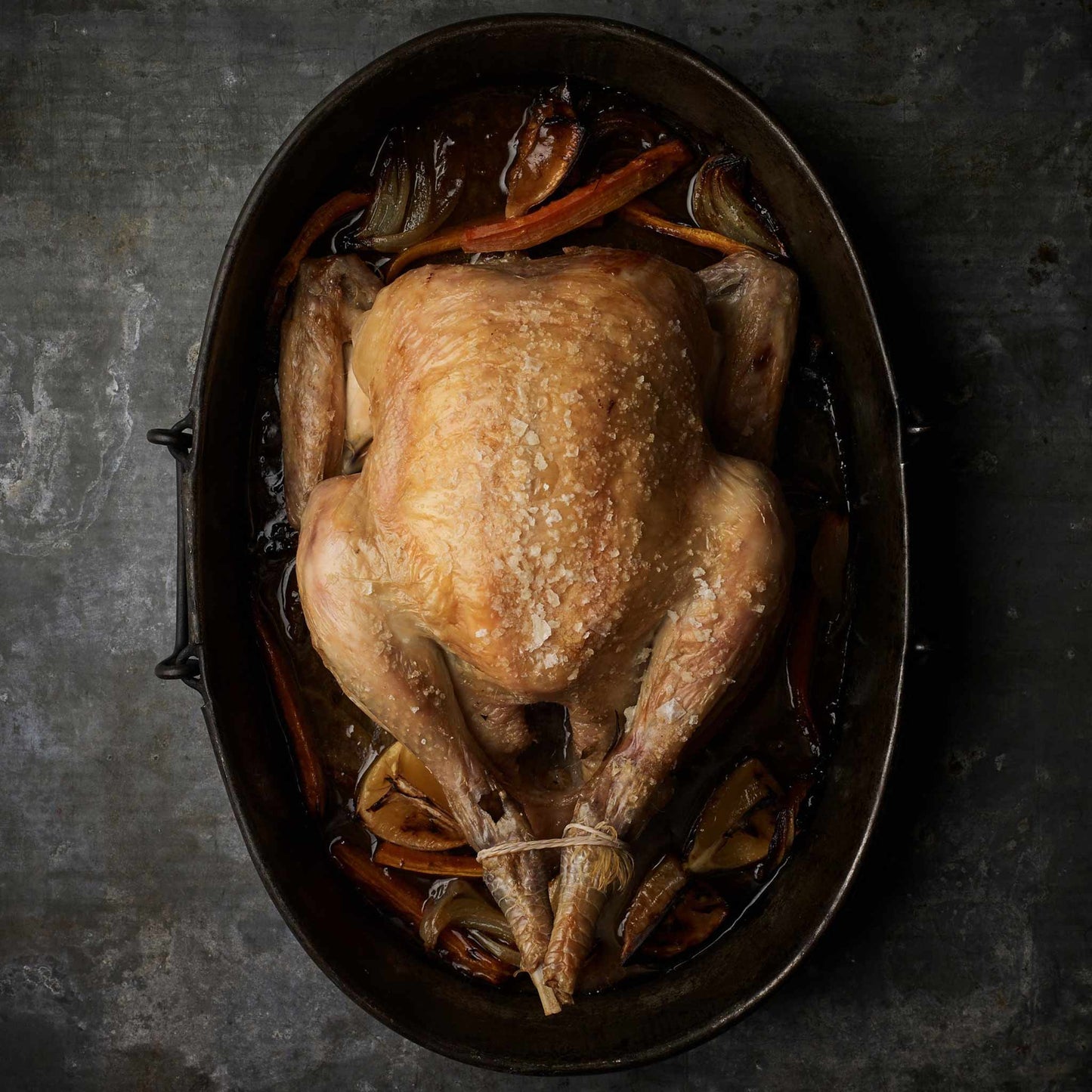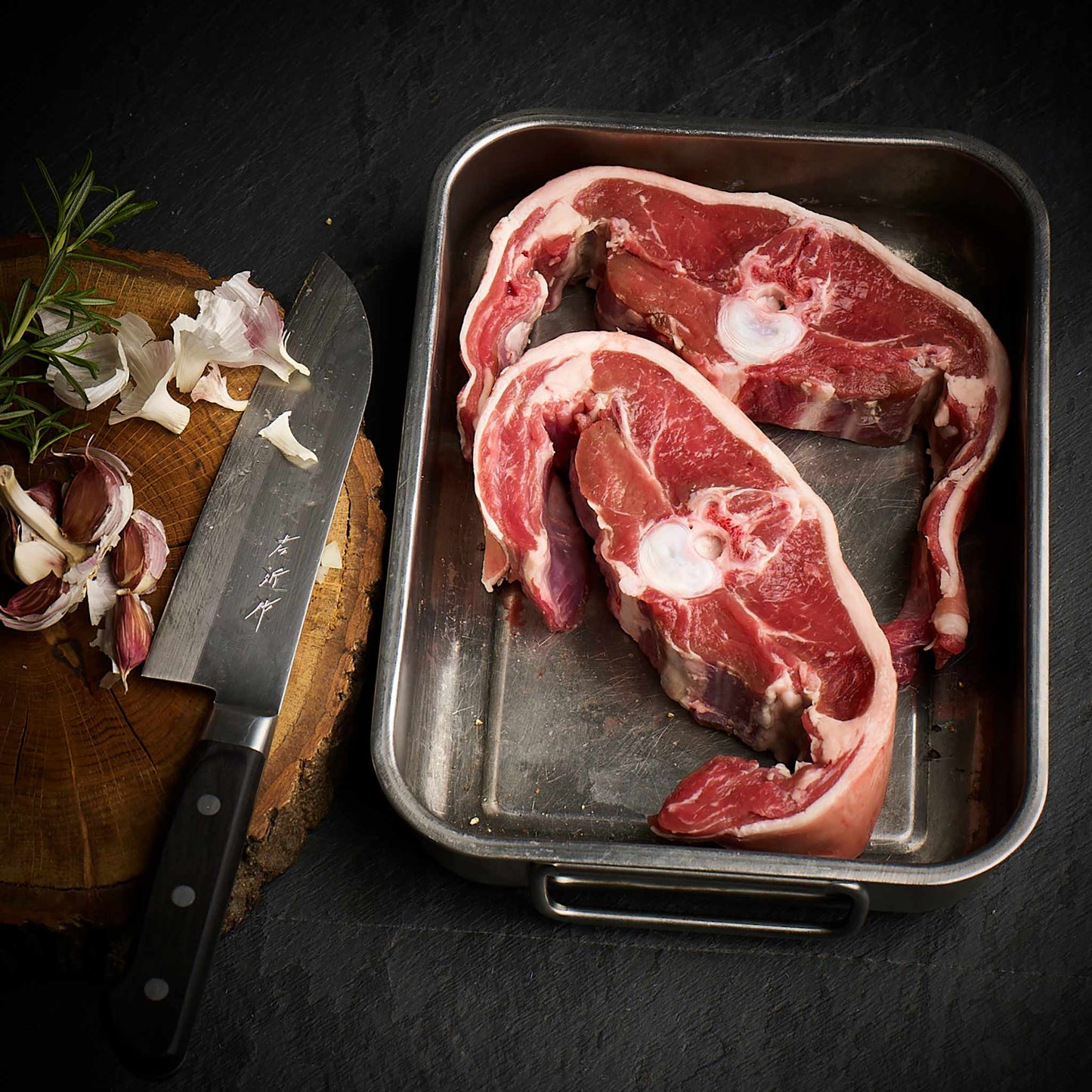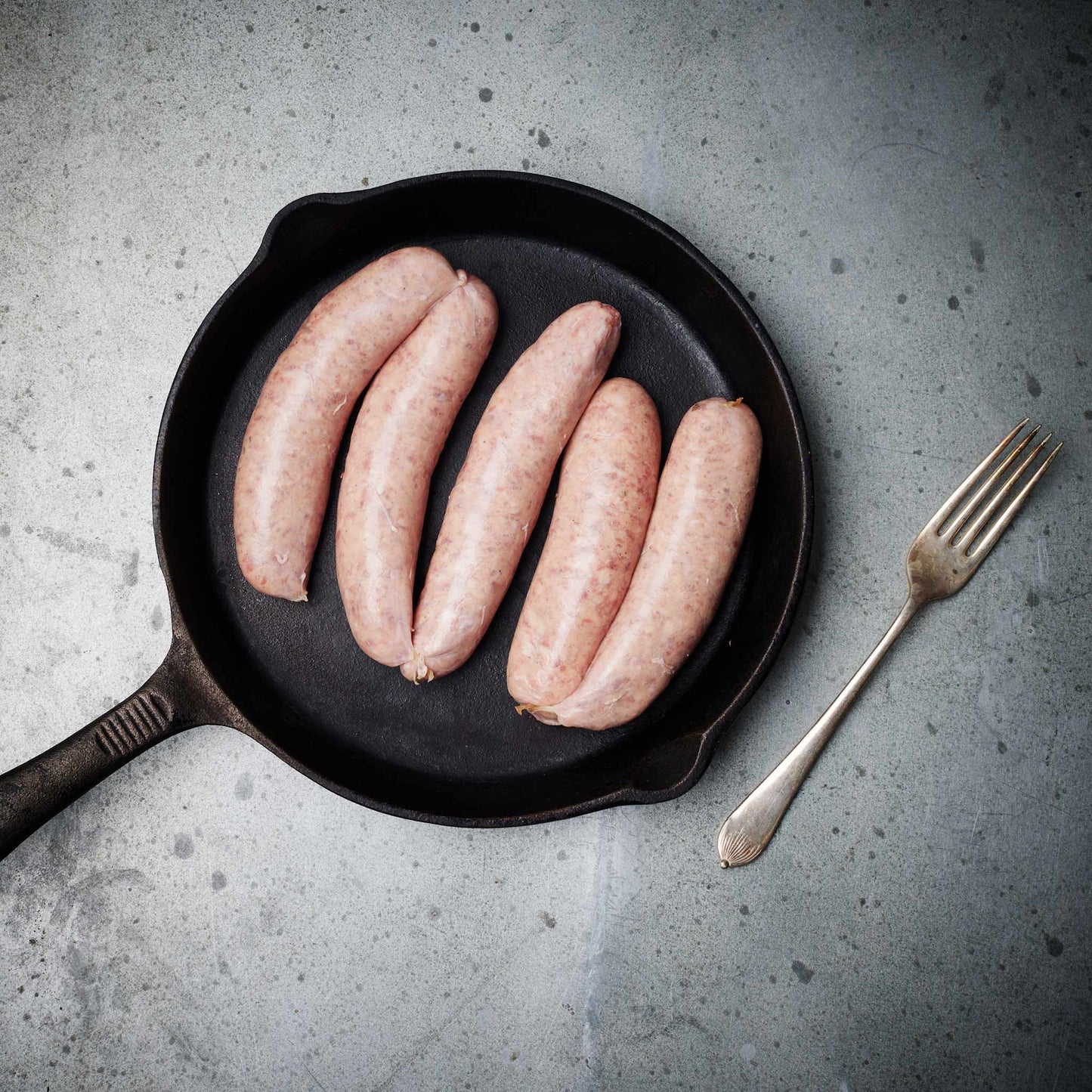We source our chicken from one farm in Leicestershire. The farm is Pasture for Life certified and rears truly free range, outdoor birds.

Main image - clarissa-carbungco - unsplash
A recent article from The Telegraph is being widely shared amongst certain circles at the moment and it is regarding Oatly, the plant-based milk alternative that we have been rather critical of in the past.
Our first round of criticism and debunking came three years ago in the form of a Facebook post we put up in reaction to an advertisement from Oatly that claimed:
'Turns out, by drinking oats straight instead of first sending them through the body of a cow you save the planet 73% in greenhouse gas emissions’
Our reaction was this.
REALLY!? First off, cows are not supposed to eat oats, they should be eating grass. Secondly, we don't know where the figure of 73% comes from but properly managed dairy cows can be carbon neutral or even negative.
Now onto the claim that the dairy and meat industries emit more CO2 than all the world's cars, planes, boats etc combined. ABSOLUTELY NOT!
If you want to read the whole piece you can find it here
We tagged Oatly into the post and invited them to react to our debunk, but they sadly declined.
Then again, something caught our eye back in January this year as reported by The Guardian and other newspapers Oatly had once again fallen foul of the advertising standards, except this time it was more than little ol’ us giving them a bit of stick on Facebook.

In paid-for ads on Twitter and Facebook, Oatly claimed the “dairy and meat industries emit more CO2 than all the world’s planes, trains, cars, boats etc, combined”.
However, when the ASA investigated the claim it found Oatley had “overstated” the emissions of the meat and dairy industry because the company did not take into account emissions covering the full life cycle of transport, only emissions when a vehicle is driven.
Oatly said it had no plans to repeat the claim and removed posts making similar claims from its own social media channels.
Slapped wrists indeed!
New headlines recently caught our eye, stating that the residue from the production of Oatly is being fed to dairy cattle, oh the irony. But at least for once, we think they’re doing the right thing.
It's been reported that every kg of plant-based food produced generates 4-5 kg of waste. In the case of making oat milk, this waste is in the form of ‘a separated portion of oat fibre residues’ - quite a lot of it.
Information below is selected from the Telegraph article
Oat milk producers have been accused of hypocrisy for selling byproducts of the vegan drink to livestock farmers to feed to their animals.
Oatly factories in Sweden, the Netherlands, Asia and the United States sold 29 million litres of oat pulp, or 36 per cent of their waste streams, to farmers in 2021, the Financieele Dagblad reported.
The Dutch newspaper also revealed that Alpro sold soya milk byproducts from factories in Britain, Belgium and France to livestock farmers.
Alpro even sold to dairy farmers, who many vegans abhor for the alleged cruelty of their milking practices, which has led to the rise of milk alternatives.
Oatly, which uses the slogan “wow, no cow”, said that the pulp from its Dutch factory had been sold as animal feed but not to dairy farmers.
“A lot of consumers who choose and buy plant-based milk were shocked by this,” Anne Hilhorst, director of Wakker Dier, a Dutch animal welfare organisation, told The Telegraph.
“It’s not surprising people are shocked and indignant. I think this gets under people’s skin because they think: ‘What on earth is happening? Am I still contributing to factory farming?’
“I was completely taken aback. I had no idea about this,” vegetarian cookbook writer Jacinta Bokma told local radio.
“You think you are doing the right thing, especially the many women in their twenties to thirties who actively think about what is in their food, if it is good for the planet, for animals and their health.”
Shaunagh Duncan, Oatly's Head of Sustainability for the UK and Belgium, The Netherlands and Luxembourg (Benelux) region told The Telegraph: “Our products are designed to maintain as much as we can from the oats’ nutritional value, but it’s not possible to make use of every part of the raw oats in the final product, so we are left with a separated portion of oat fibre residues.”
She added: “Oatly’s mission is to make it easy for people to eat better and live healthier lives without recklessly taxing the planet's resources. As part of that mission, our goal is to always deliver the best tasting products that have maximum nutritional value and minimal environmental impact.”
An Alpro spokesman said. “If our cows have to eat, then it is better to use sustainably-produced, locally-transported, non-genetically modified remains from our products instead of specially-grown soya beans from an exotic location that used to be rainforest.”
A spokesperson from Oatly said that supplying food-waste to farms was recognised by governments as the most sustainable method of disposing of residue, other than feeding humans.
Residual flows
Feed company ForFarmers said that it had bought “residual flows” from Alpro to use in liquid pig feed, equivalent to 60,000 tonnes of residual soy paste in 2019.
“We contribute to a circular economy by using the residual flows from the food industry…We don’t ‘compete’ with raw materials which would otherwise be consumed by people,” said a spokeswoman.
Animals actually turn waste products from beer, bread and plant production into useful protein, Toine Timmermans, programme manager of sustainable food chains at Wageningen University & Research said.
He added: “For every kilogram of plant-based food, there are four to five kilograms of side products. Part goes into composting but if the other part cannot be used for human consumption, the second-best is animal feed.”
Craig Mackinlay, the MP for South Thanet, said: “I’m not surprised that many of the new ‘meat-free’ corporates, who extol the virtues of a new vegan lifestyle in the name of climate change, are being found out as good old capitalists selling off their production by-products for farmed animal food.
“It is often these same companies who are increasingly active in political campaigning, offering views on diverse issues such as immigration and tax, usually anti-conservative. “I’m all for profit but I rather wish they’d be honest with their moral high ground pontifications.”
Our position
Whilst we consider the upcycling of waste products into high quality animal protein to be not just the most efficient but environmentally best use for this waste perhaps we should consider how much we actually need these milk replacements.
Unless someone has an allergy to milk or is intolerant to lactose as an omnivore there is no environmental reason to avoid consuming milk, just make sure you're choosing high welfare and preferably organic sources, the alternative is neither better for you or the planet, despite what they tell you.
Our food systems involve a complex exchange of nutrients and energy involving both animals and plants, when we try to seperate them it will always lead to environmental problems.
So if you don't like the idea of animal dairy or you're allergic, sure, have oat milk but also be thankful that nothing is being wasted to produce it.



